

After a pandemic-induced hiatus, Sterling Asset Management Limited was able to press the play button last Thursday (September 29), to host their recognised annual investor briefing in-person, and aired live on Nationwide 90FM.
The company’s investor briefings during the pandemic were done virtually.
Moderated by Marian Ross-Ammar, VP-trading and investments, the event featured discussions around how inflation and the Bank of Jamaica’s policy responses impact investments, businesses and lifestyles.
Seated on the panel were: Sterling Asset Management President & CEO Charles Ross, ATL Pension Fund Executive Chairman Keith Collister and Dr Samuel Braithwaite, lecturer in the Department of Economics at The UWI, Mona.
With approximately 100 people in attendance, the event featured breaking news from the Bank of Jamaica (BOJ), which announced, mere hours before the event, that on September 30 it would have added 50 basis points to its policy interest rate, bringing it to 6.5 per cent.
“If you went to the supermarket in 2021 and you bought a basket of goods costing $100 now, in 2022, if you went to the same supermarket and bought the same basket of goods, it would cost $110.20 — this is what a 10.2 per cent inflation rate looks like.”
Marian Ross-Ammar, STerling Asset Management vice president for trading and investments
This increase specifically affects mortgage rates, loan pricing and deposit interest rates. However, Braithwaite responded by noting that, in 2017, the Central Bank consistently lowered interest rates “all the way to 0.5 per cent, and I can’t recall any push back against that”.
Ross-Ammar opened by saying: “If you went to the supermarket in 2021 and you bought a basket of goods costing $100 now, in 2022, if you went to the same supermarket and bought the same basket of goods, it would cost $110.20 — this is what a 10.2 per cent inflation rate looks like.”
Though that may seem negligible to some persons, as Ross-Ammar pointed out, “if you multiply that impact across every purchase, every transaction you make, then the effect becomes significant”.
As a result, all plans for the future — whether to buy a home, retire or invest in a business — must be adjusted for inflation.
Ross-Ammar posed the first question – “Jamaica recorded year-on-year inflation of 10.2 per cent in August; how did we get here? – to Braithwaite.
The respected economist and university lecturer highlighted that interest rates worldwide over the last decade were low. Then, the pandemic happened. He informed the audience and radio listeners that inflation is further impacted when demand is high but supply is stagnant. In addition, the 2022 Russian invasion of Ukraine has disrupted the world’s supply of wheat and oil, the trickle-down effect of which has been significant. A lot of Jamaica’s inflation is externally driven.

Collister answered the second question – “How effective have the BOJ’s steps been in the fight against inflation?” – by highlighting that the BOJ has limited tools to combat inflation, “but the tool we have is transmission mechanism,” said the ATL Pension Fund executive chairman.
The transmission mechanism describes how “changes made by the central bank to its monetary policy settings flow through to economic activity and inflation”.
A highlight of Collister’s response was the fact the Jamaican dollar was one of the few currencies in the world that appreciated in value this year.
Ross pointed out that there has been a disconnect between official policy and what’s happening in the marketplace.
He quickly noted that, despite being a small economy, we don’t have to take prescribed steps as “the law of economics applies everywhere”.
The inflation we’re having, according to Ross, is a result of the pandemic where “there’s too much money chasing too few goods”.
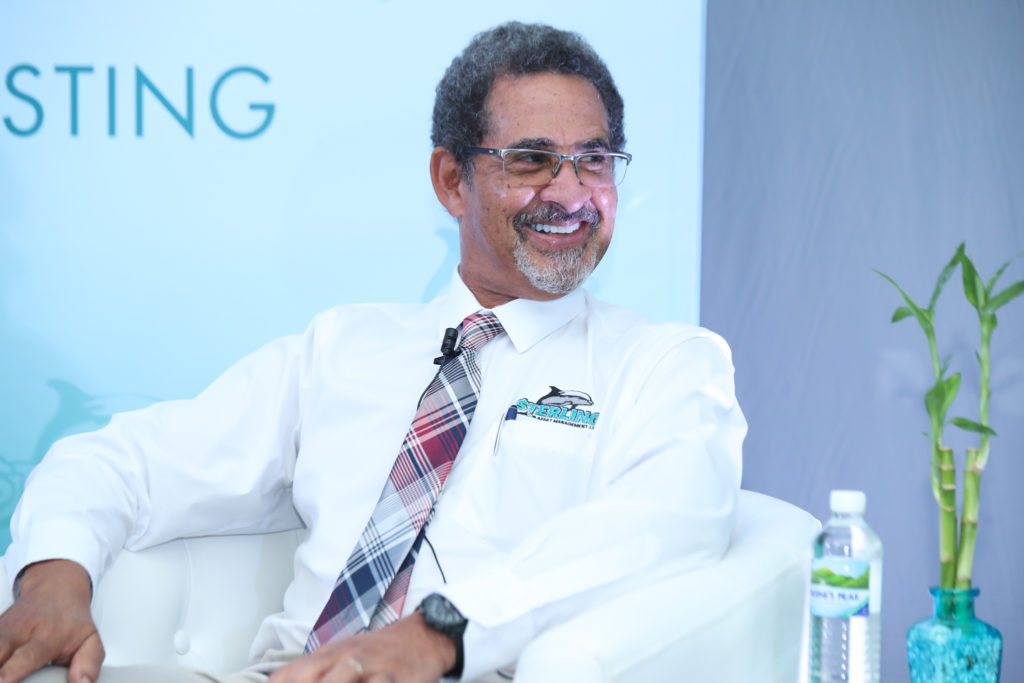
Ross quoted American economist Milton Friedman, who famously said: “Inflation is always and everywhere a monetary phenomenon.”
To “bring down” inflation, Ross suggests reducing “the money supply… the amount of money out there chasing goods and services”.
The BOJ’s efforts were lauded throughout the event, especially during the Q&A, where it was shared how the Bank of England’s soaring interest rates have created financial turmoil.
This year’s Sterling Asset Management investor briefing concluded with all in agreement that Jamaica is faring better than many developed and developing nations, despite the challenges.

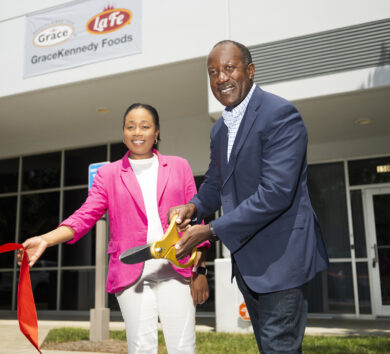
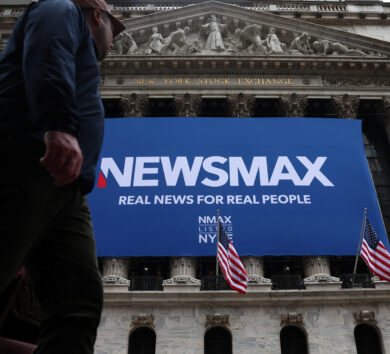
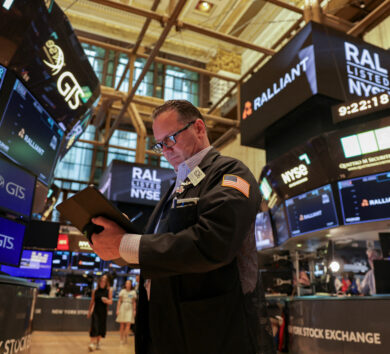


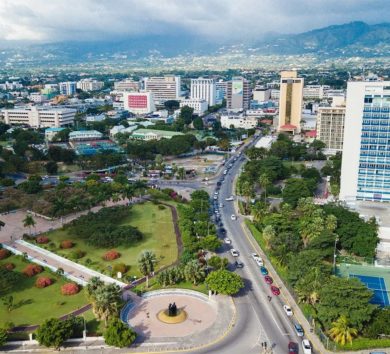
Comments